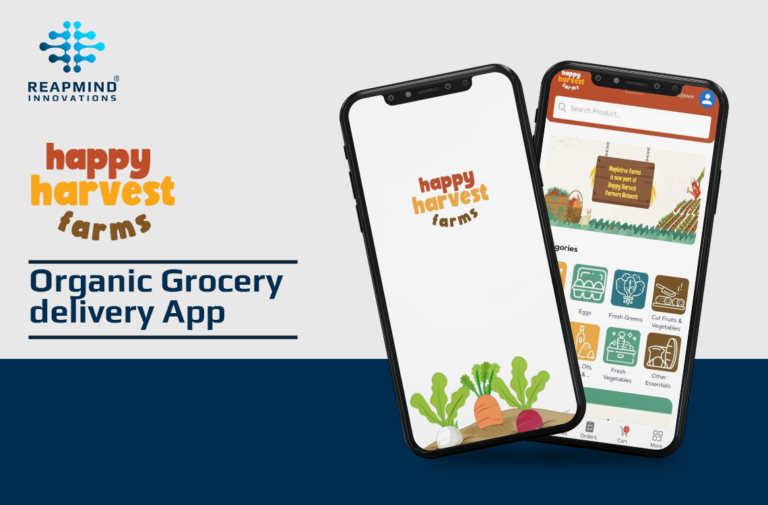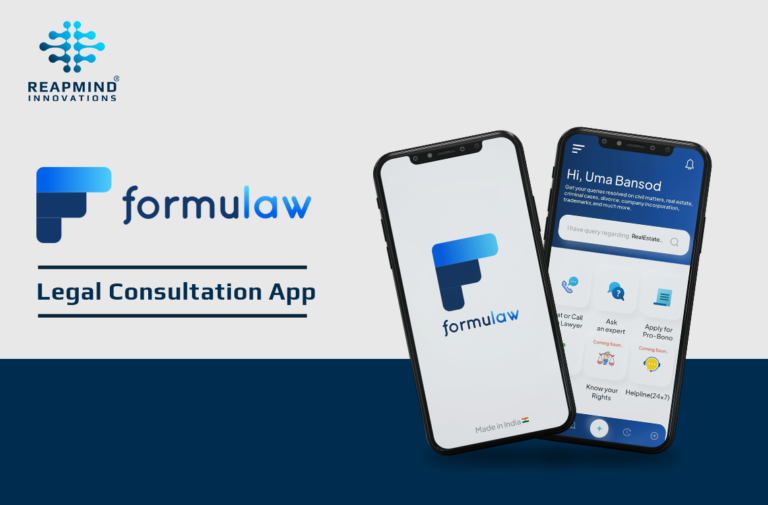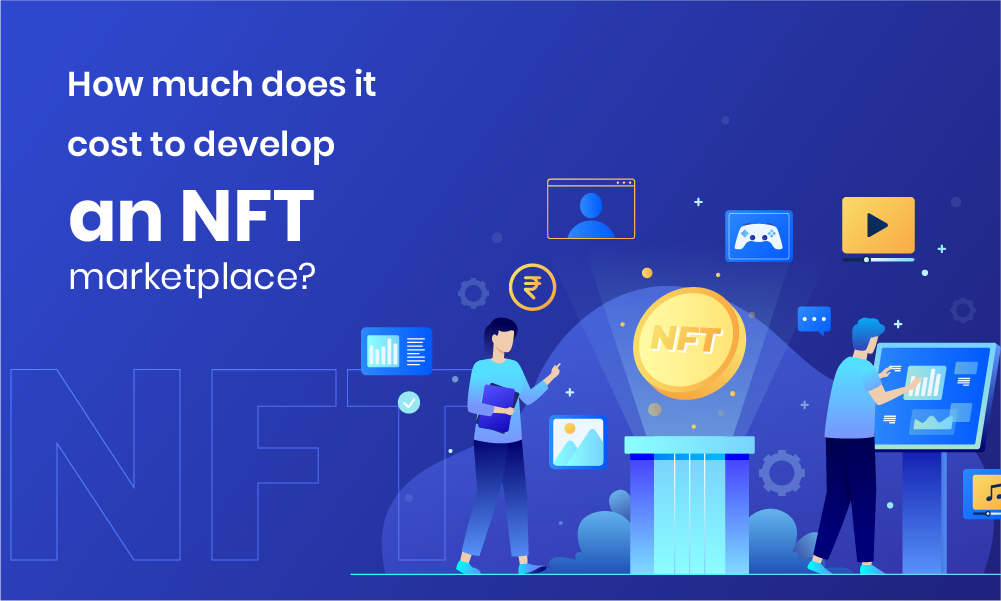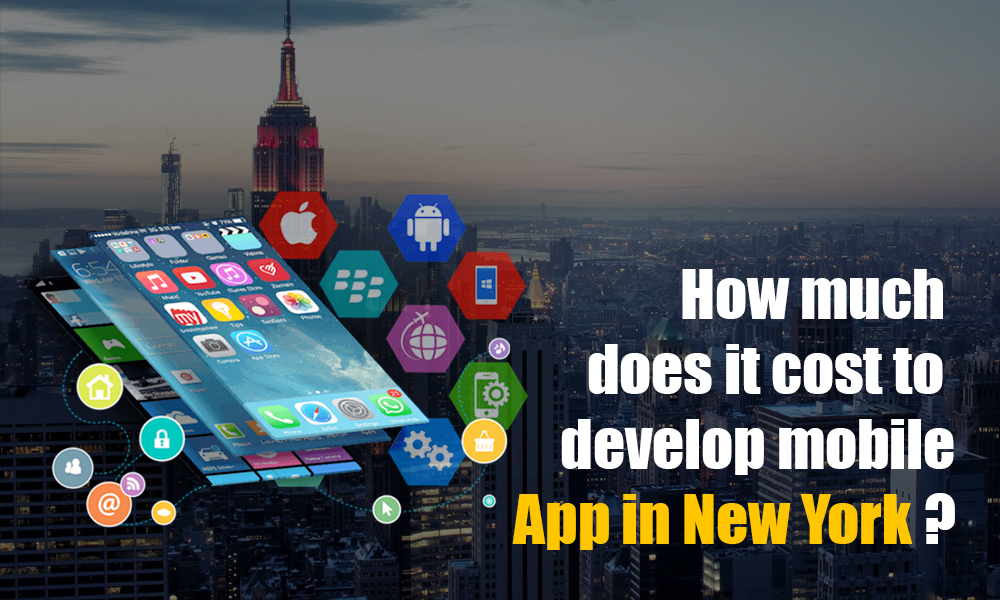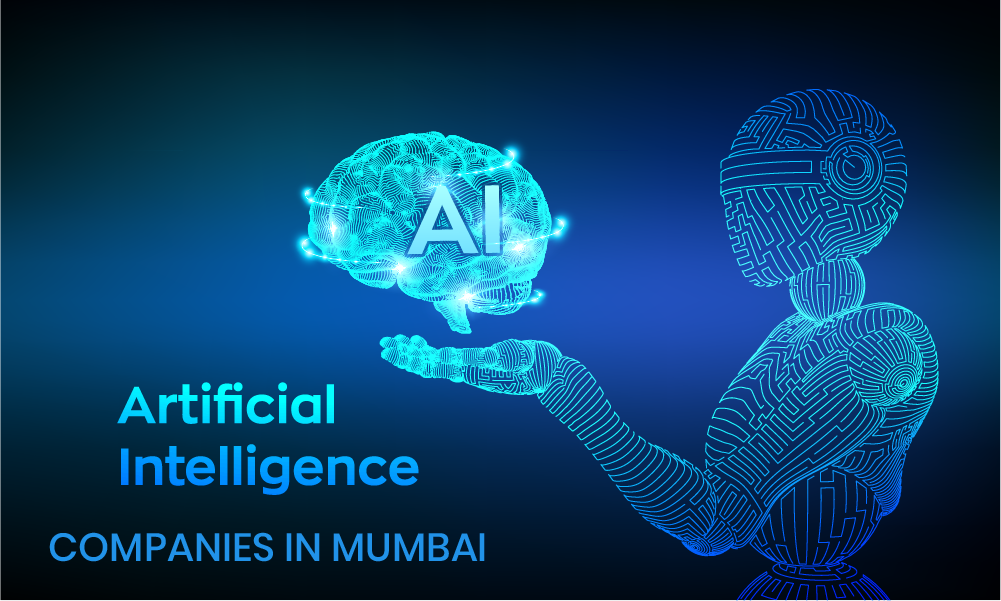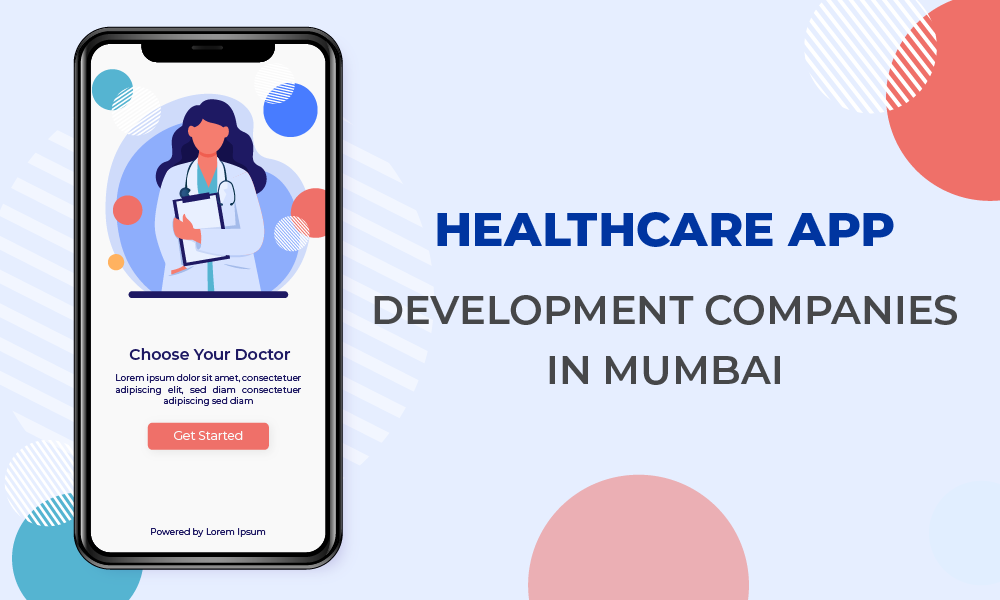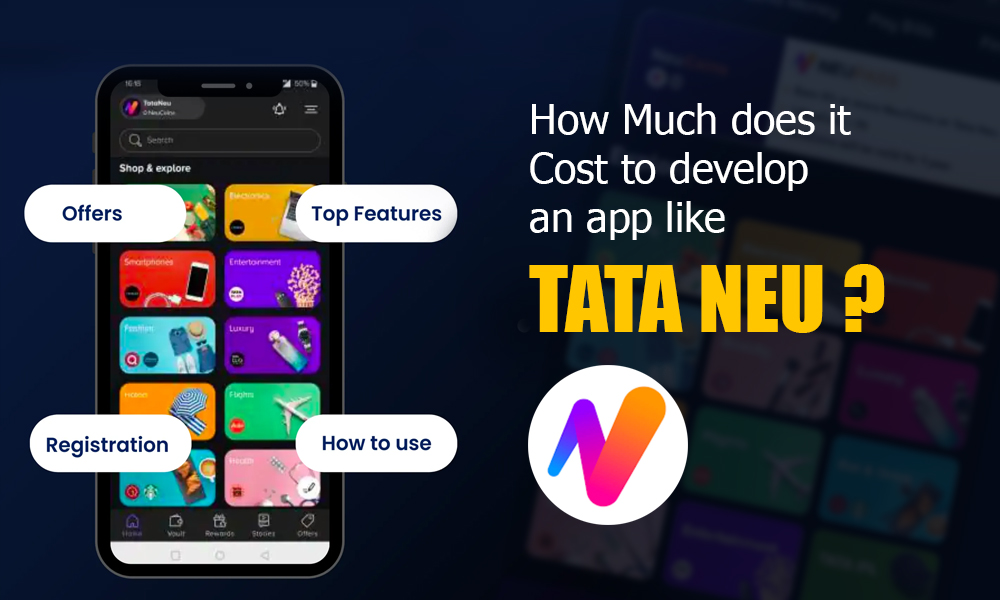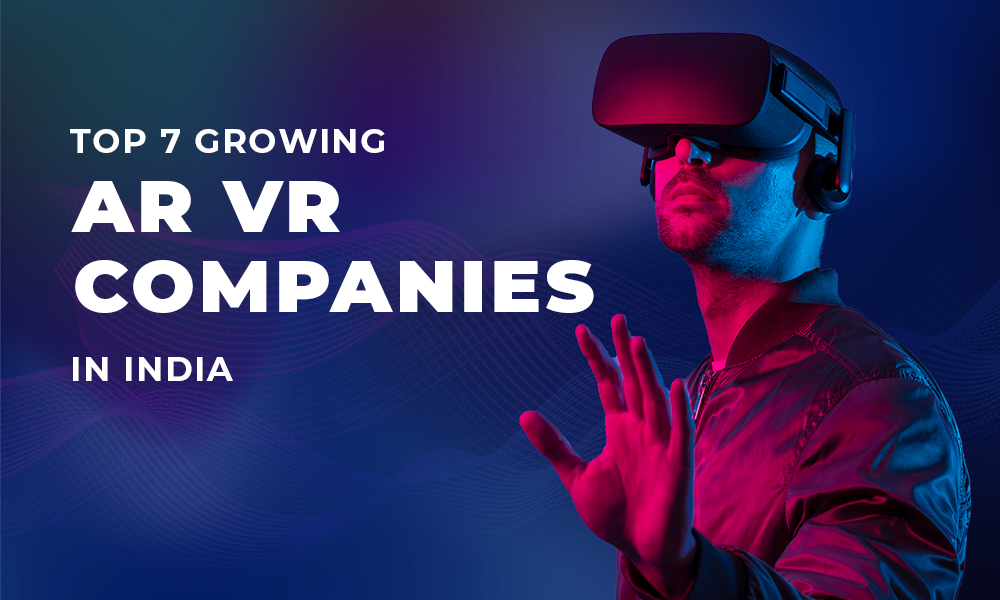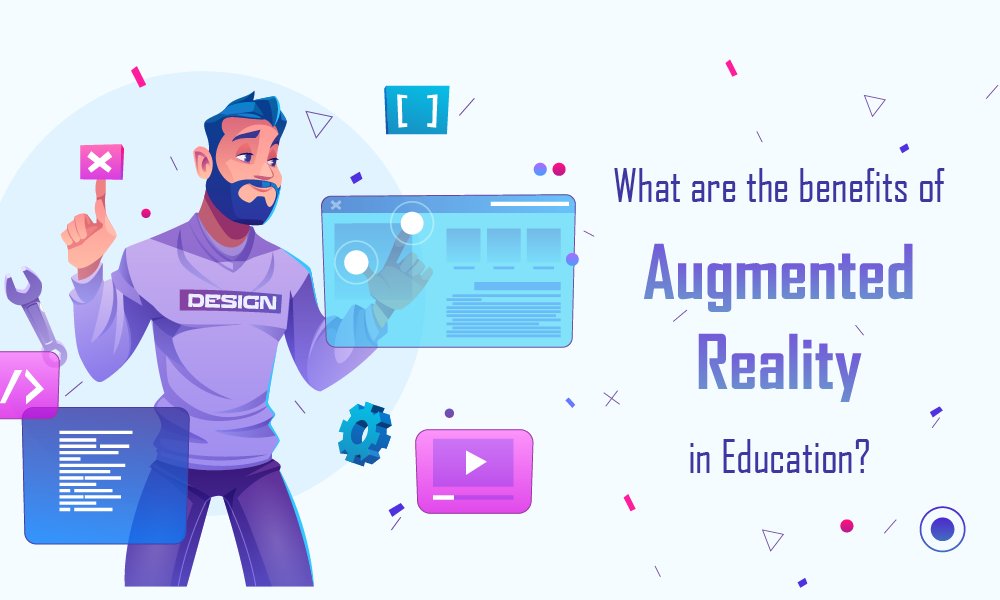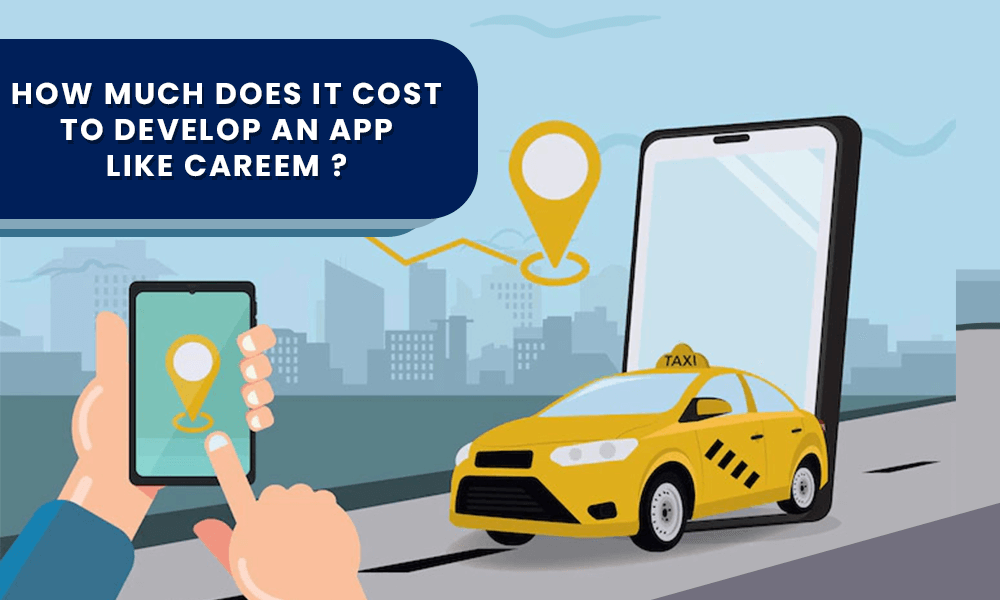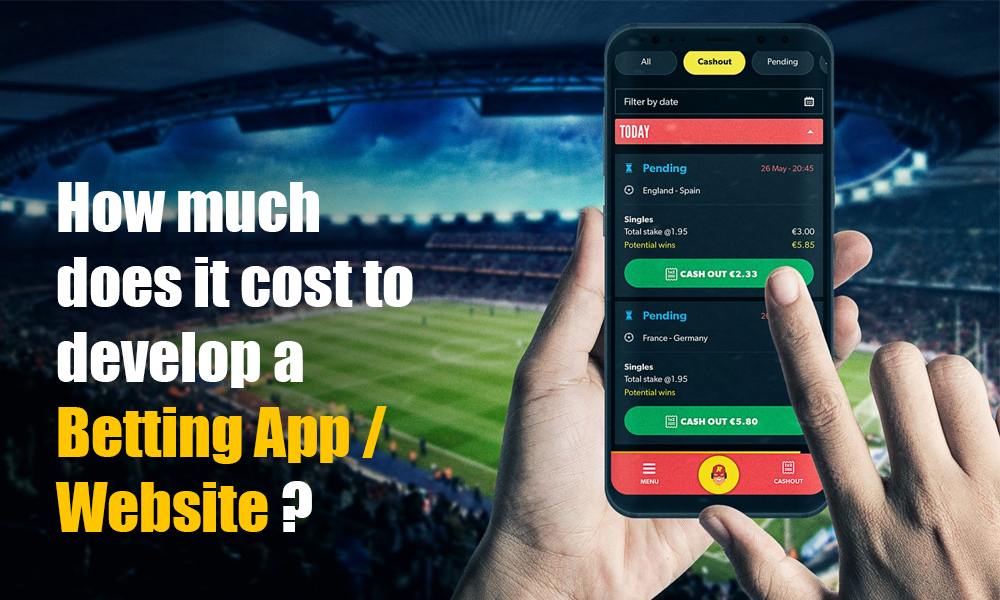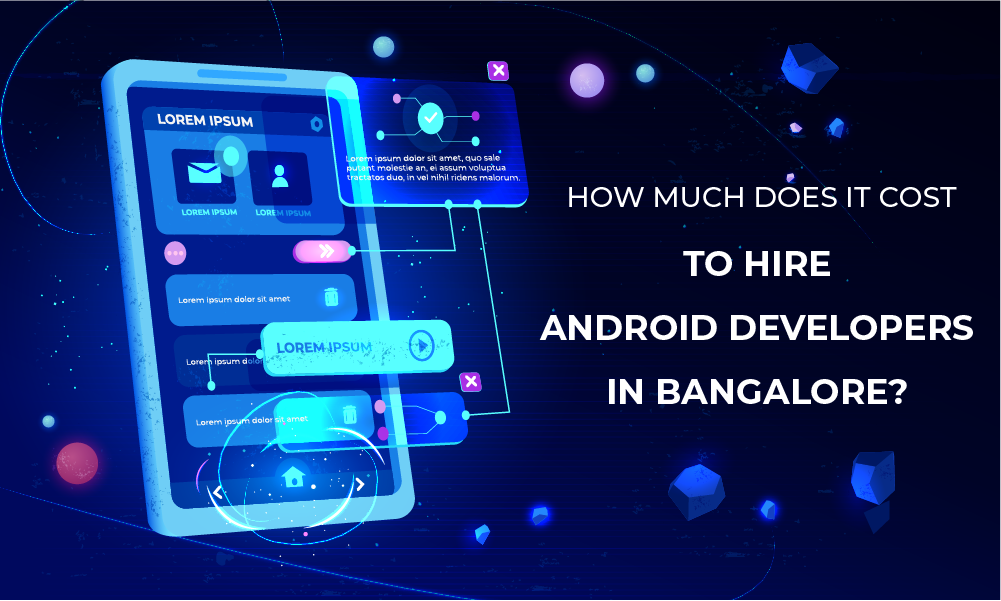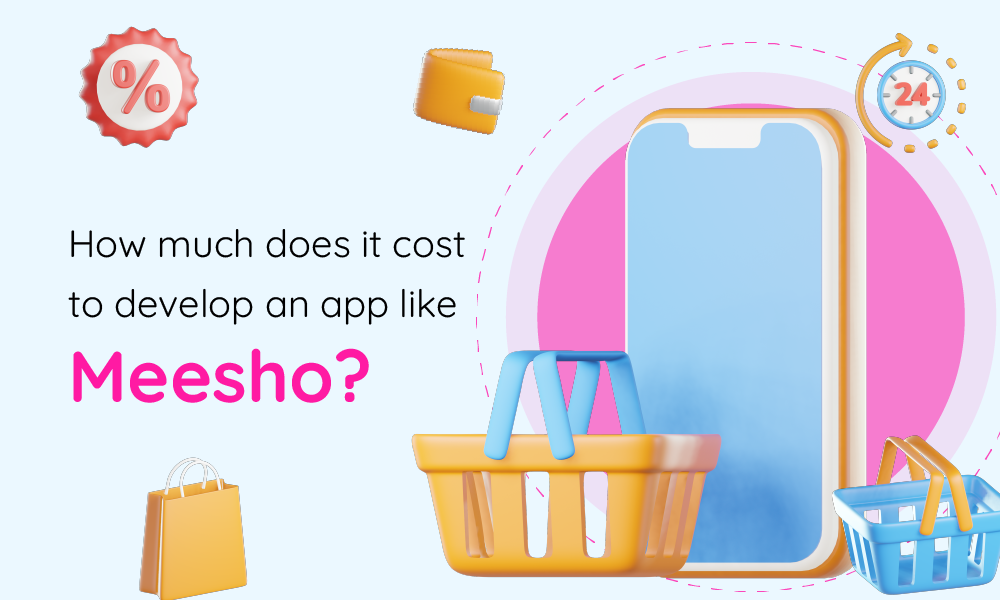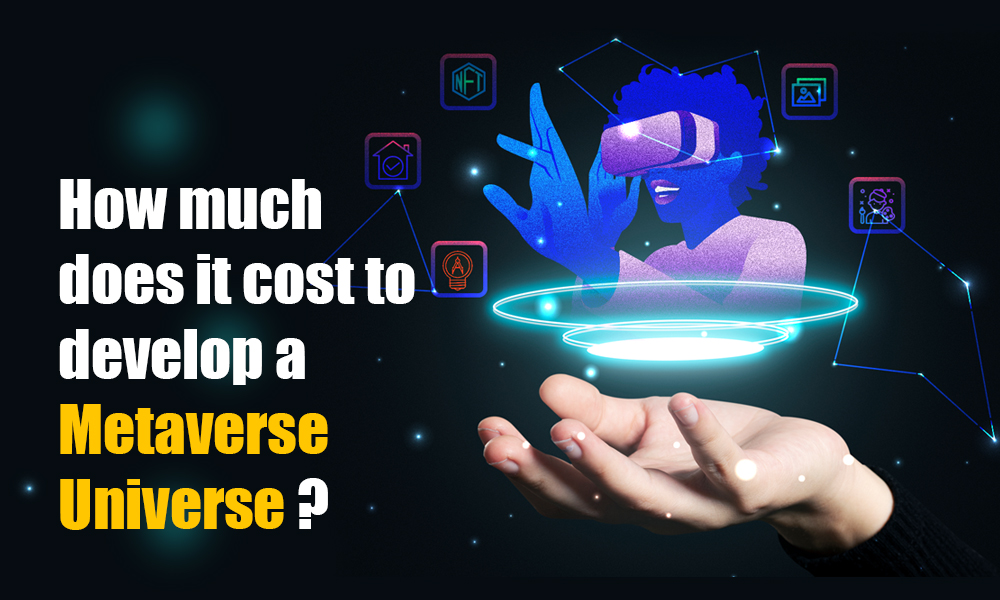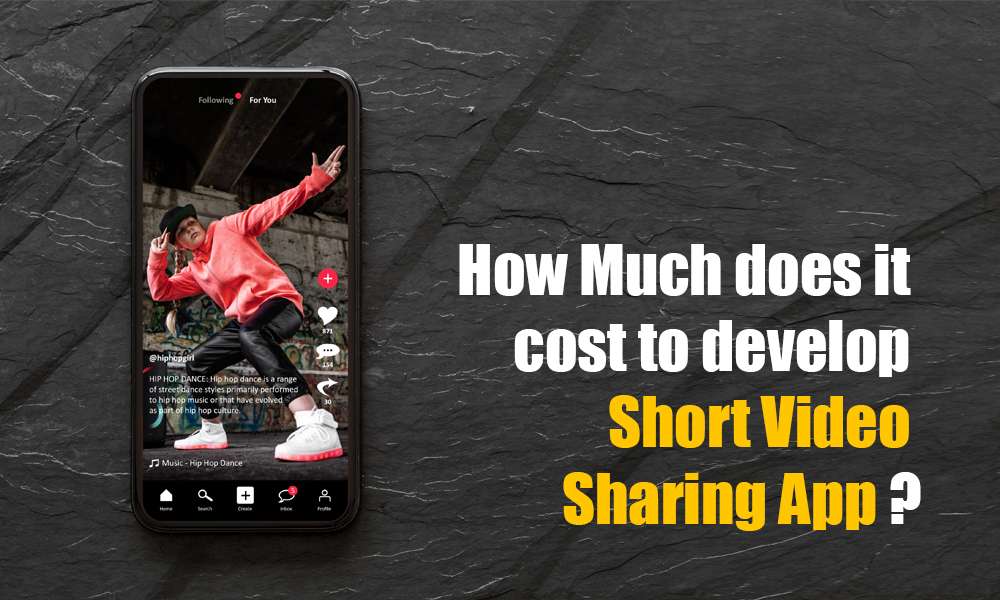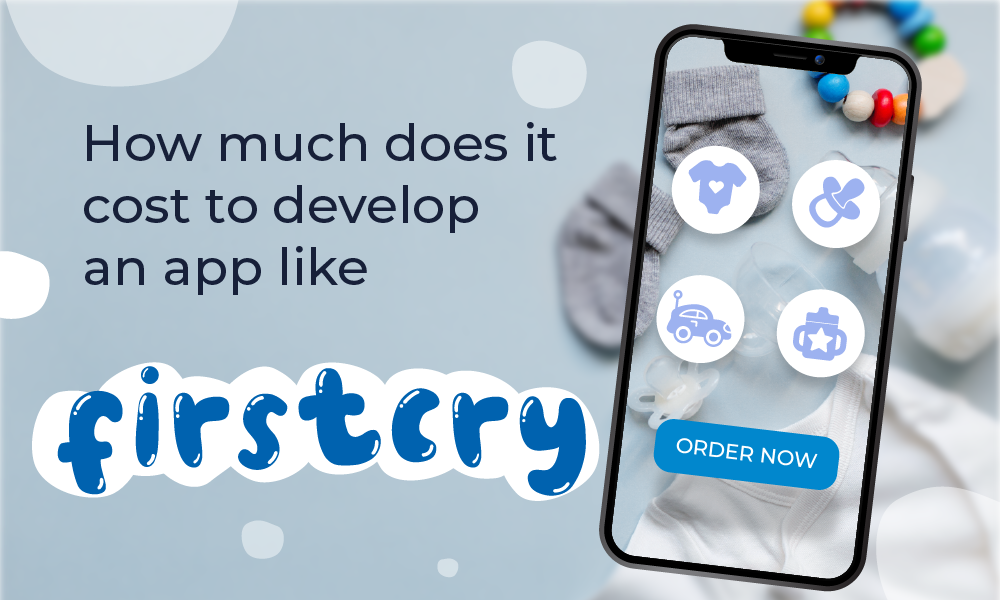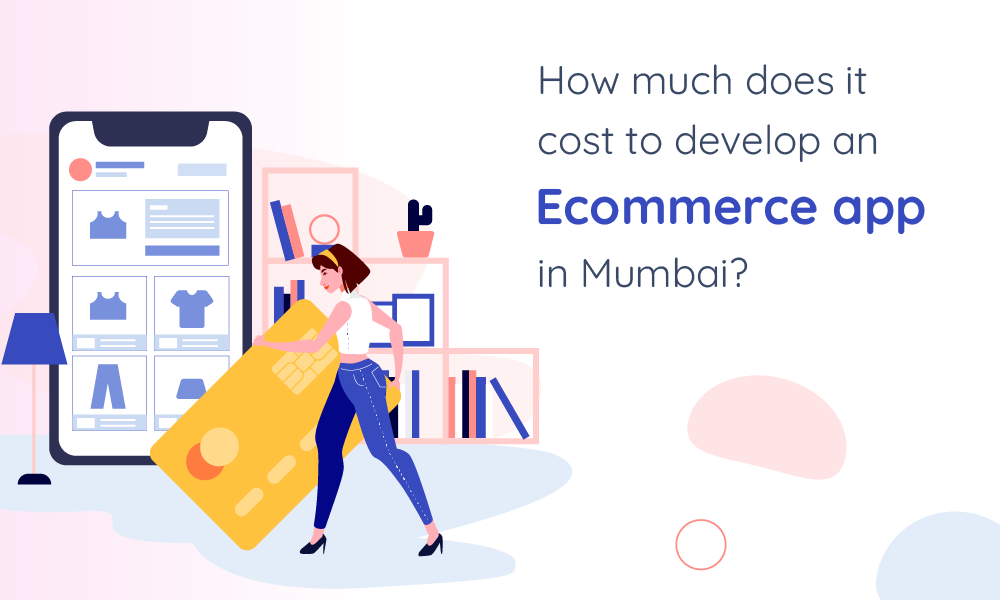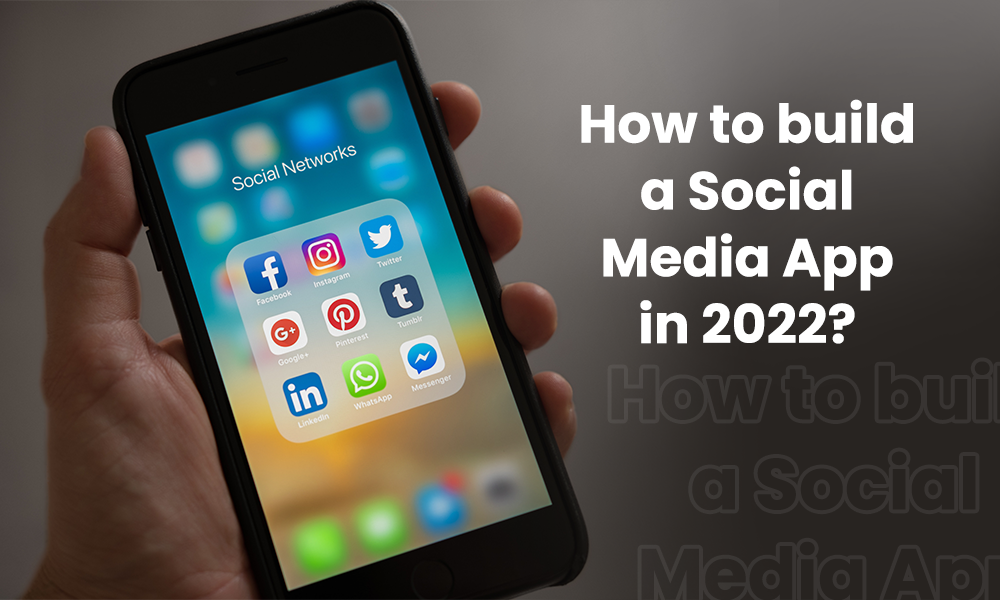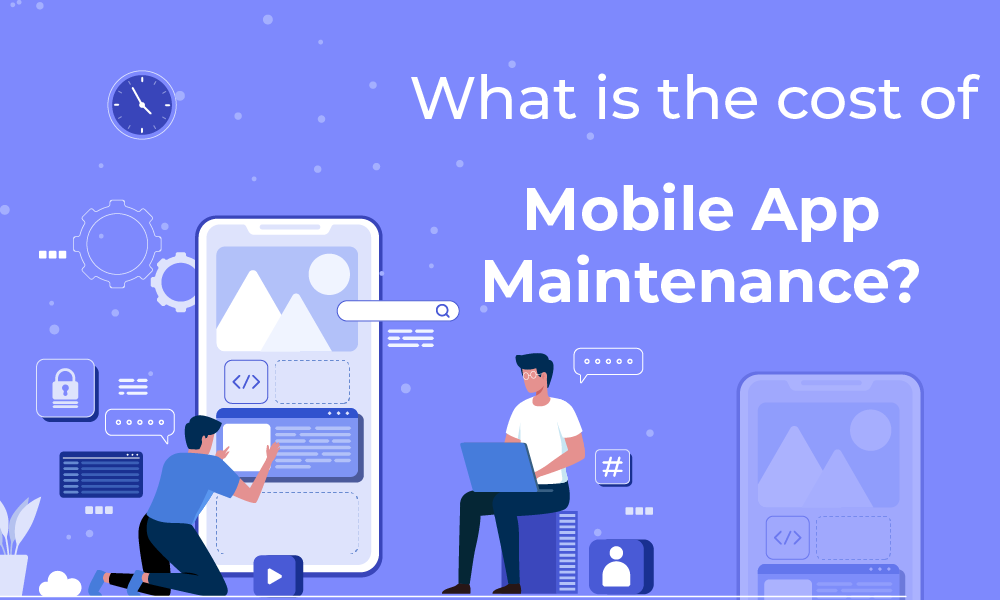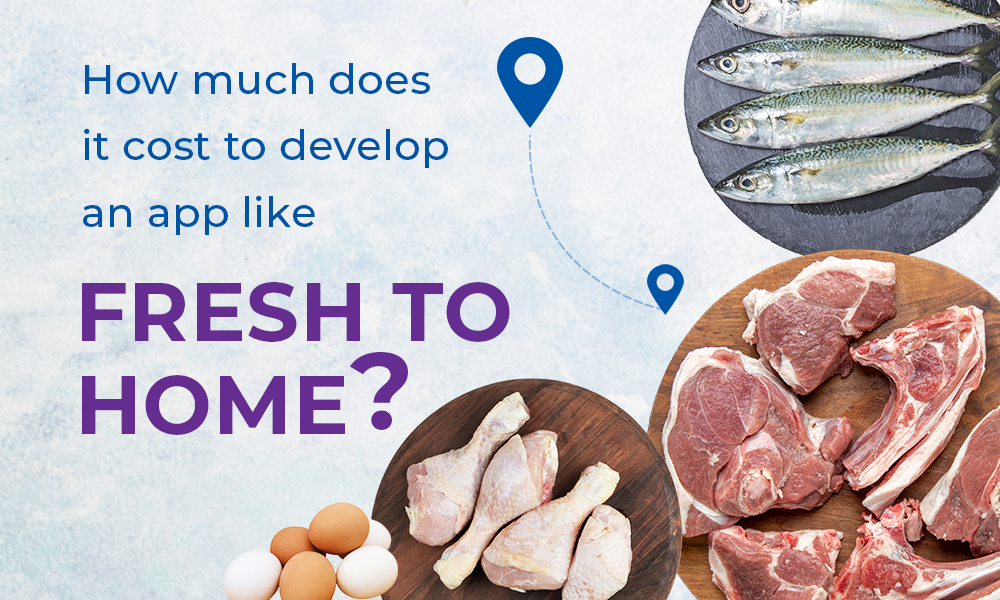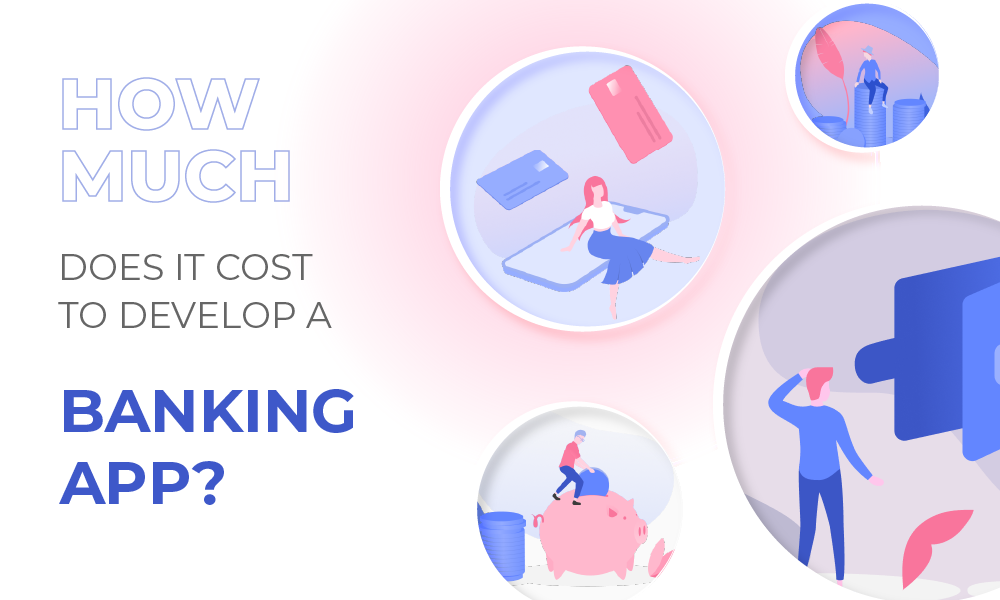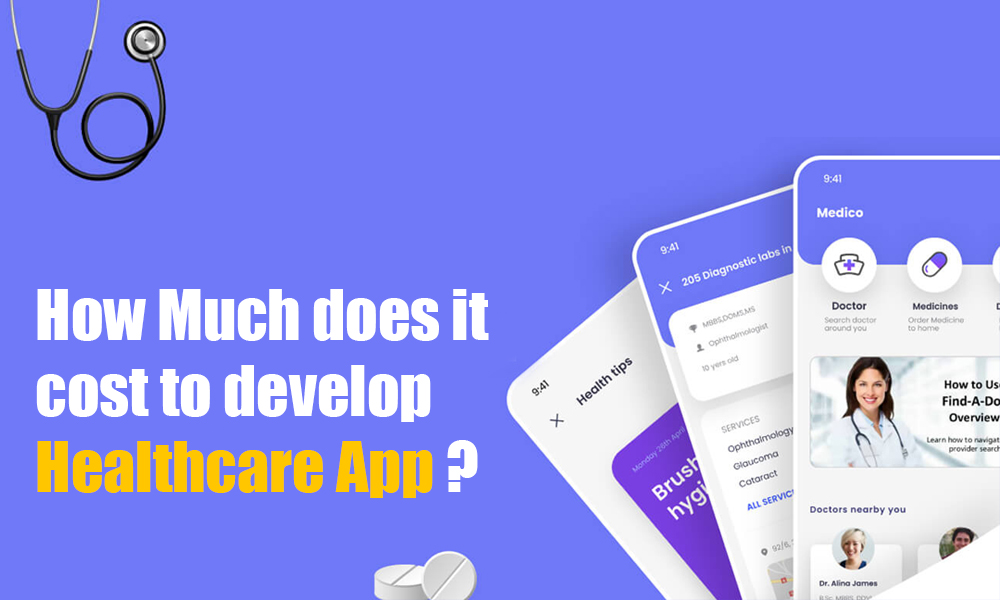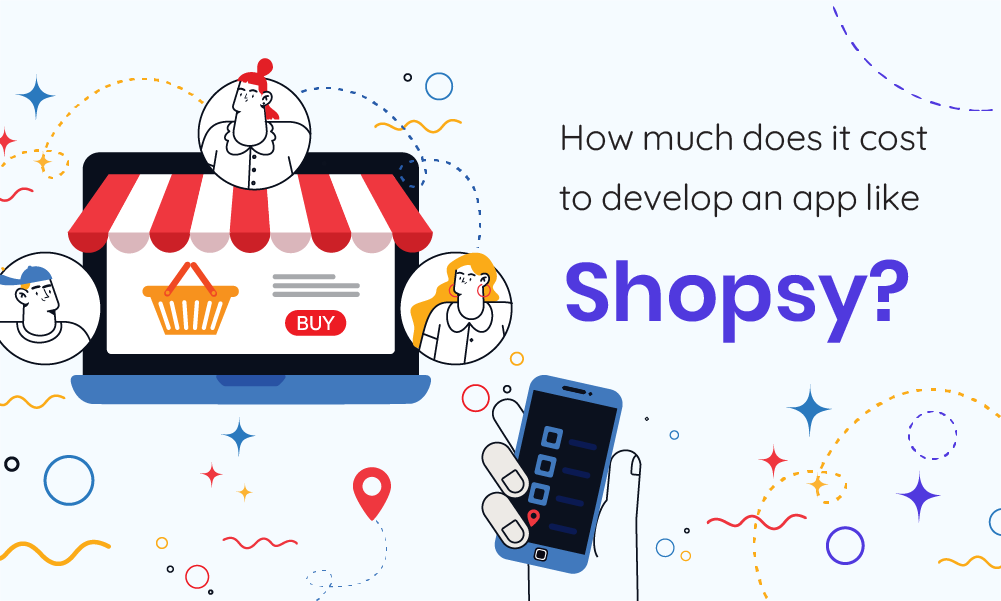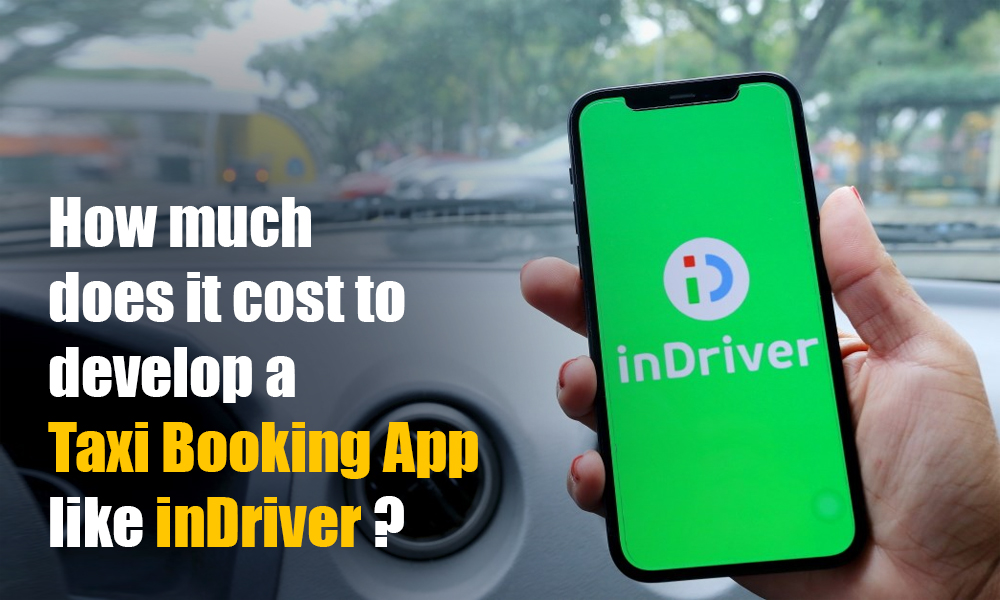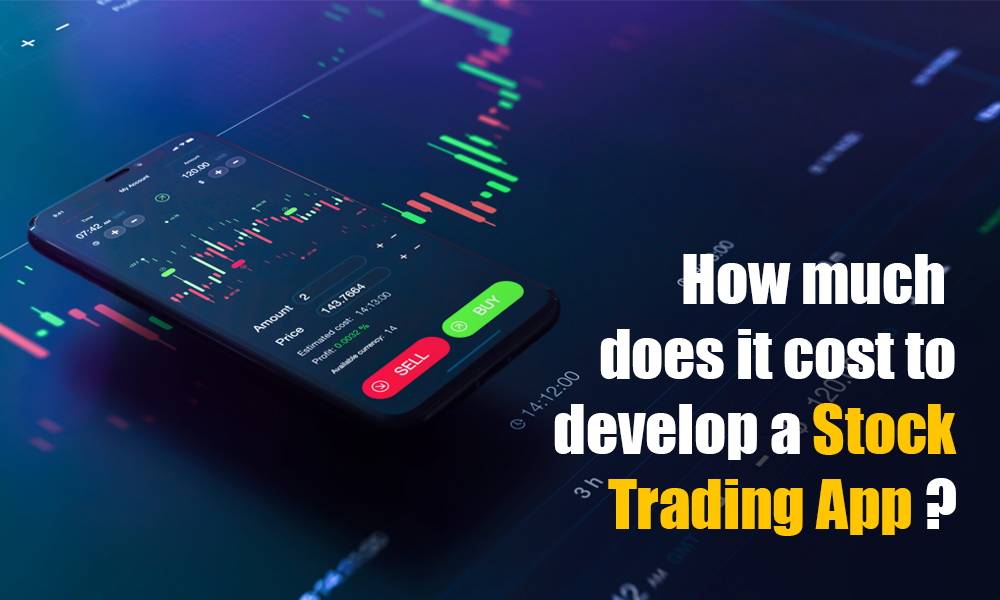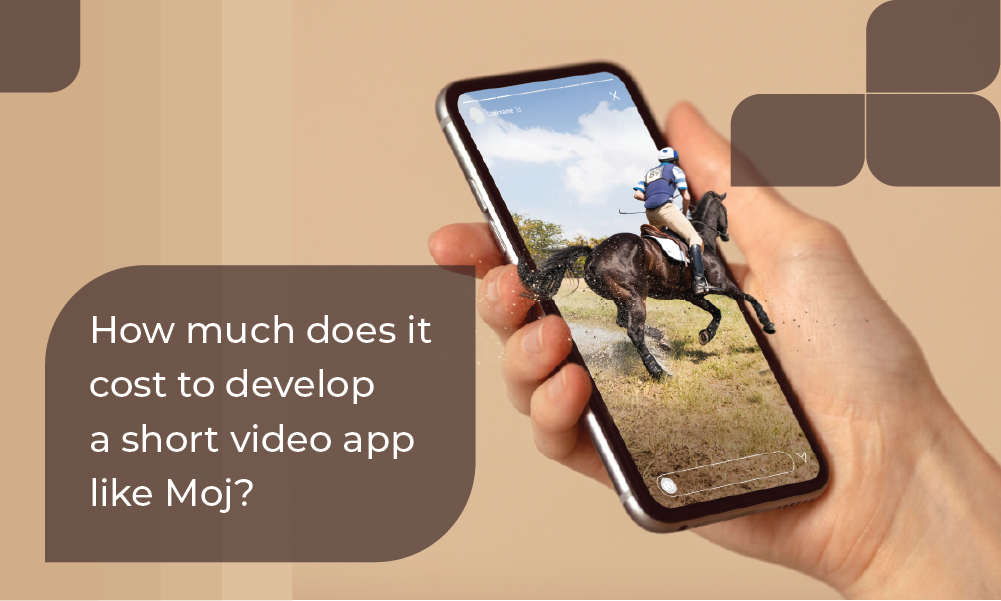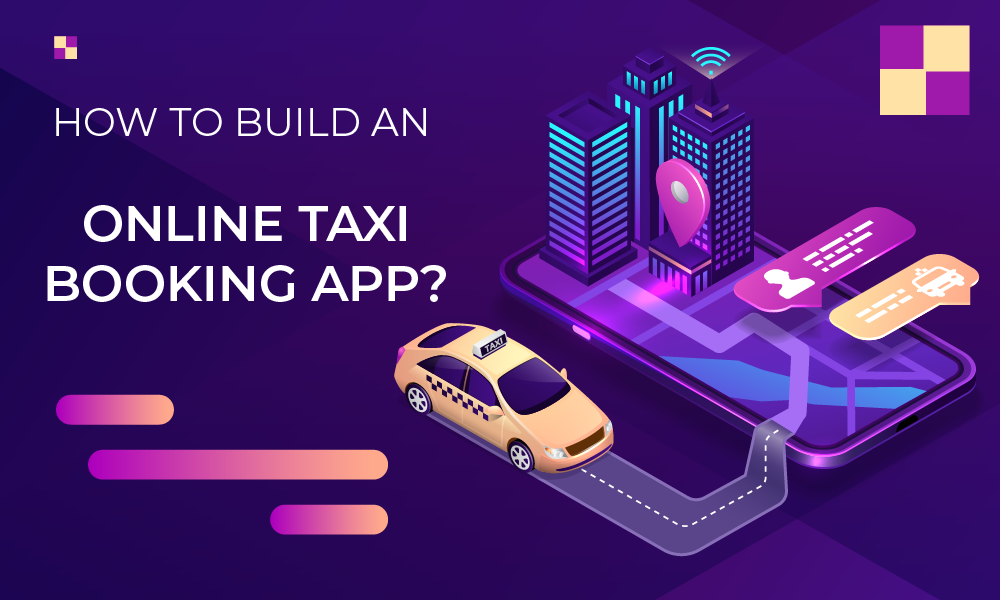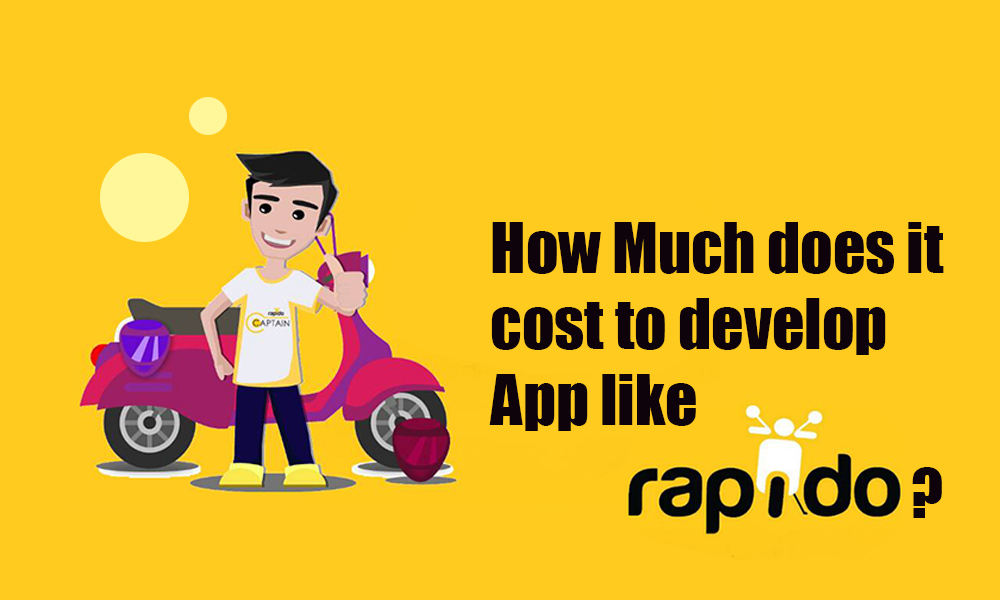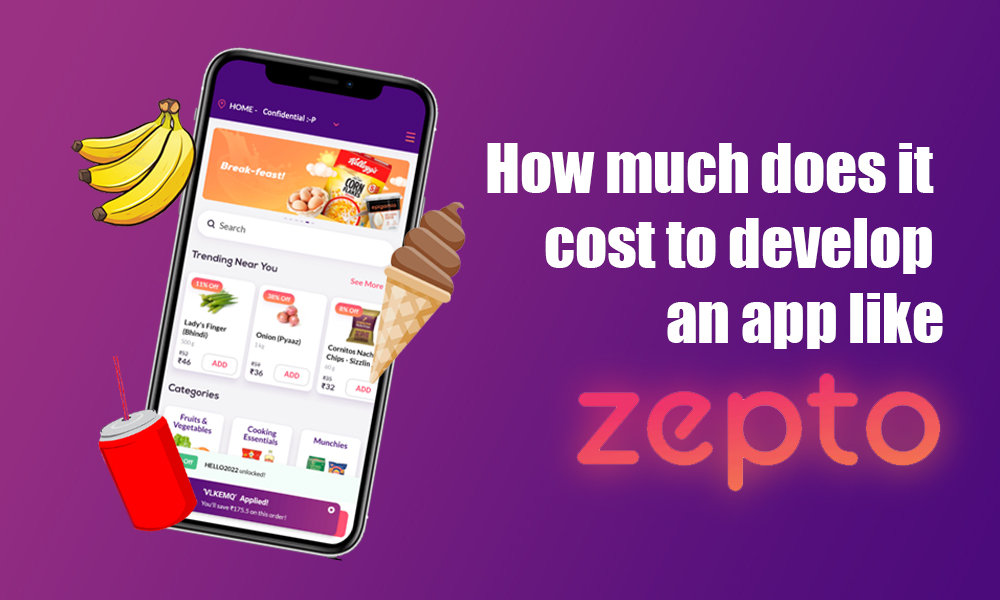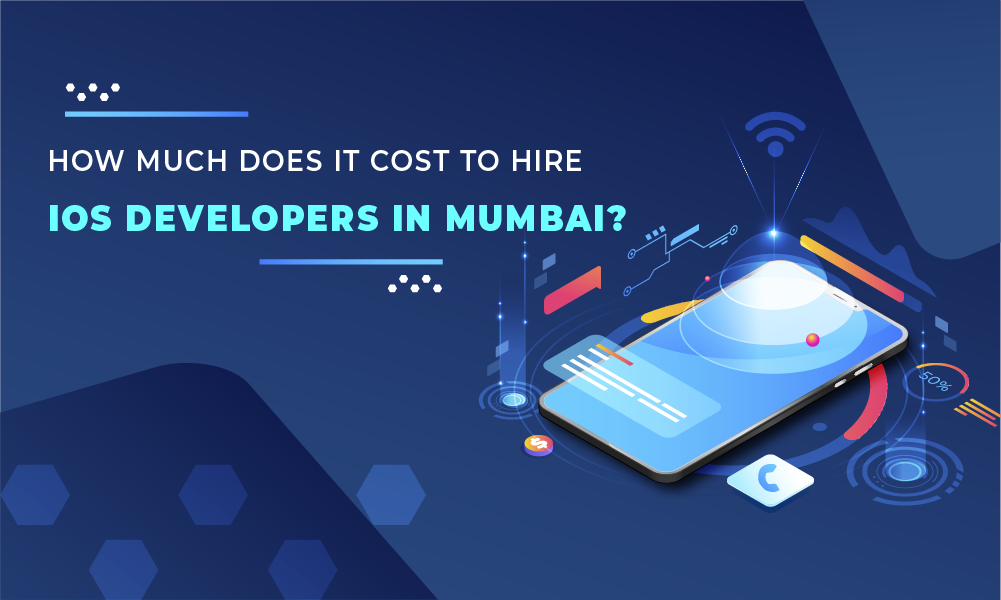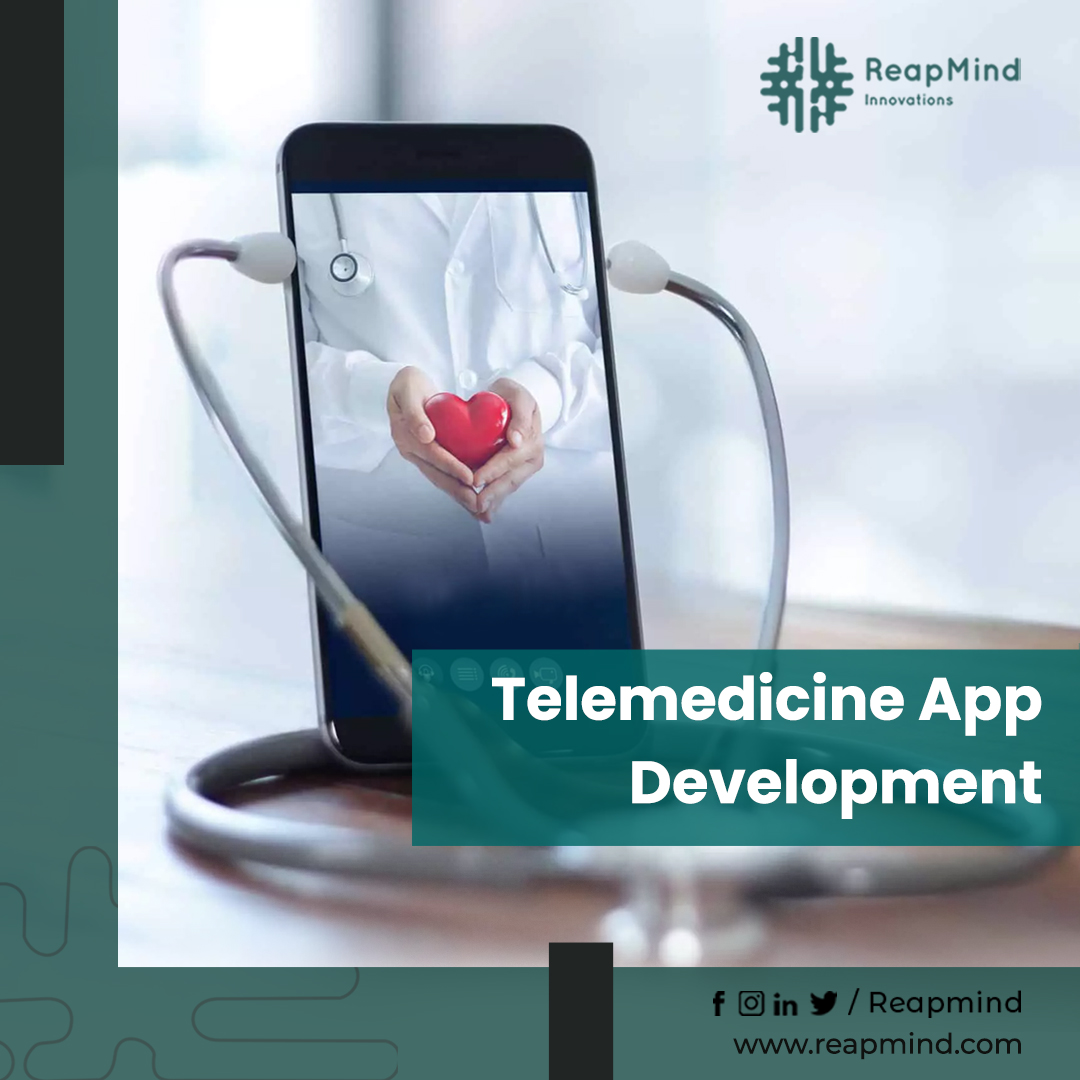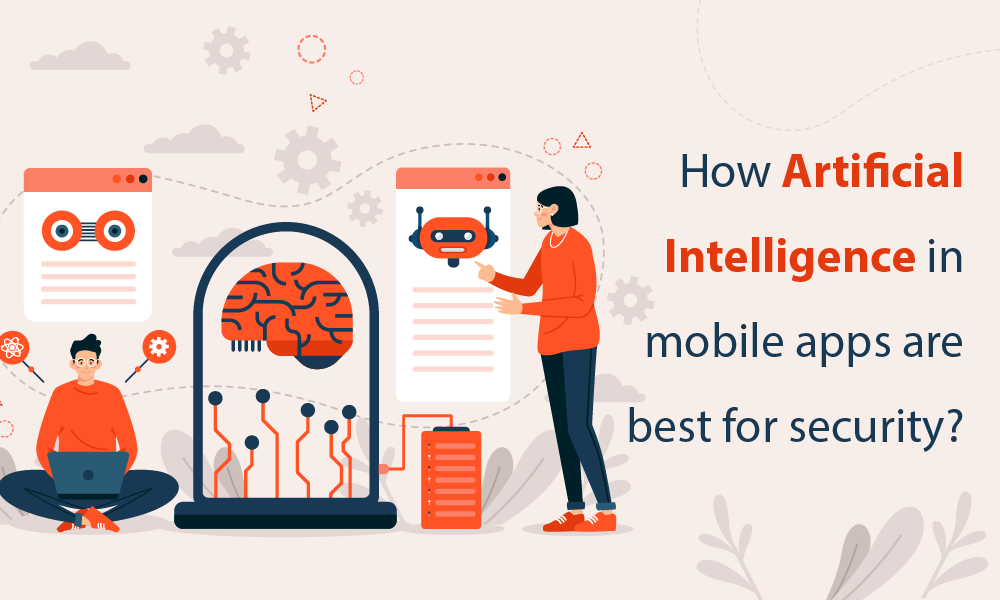Introduction:
Mobile app development has come a long way since the days of Snake on Nokia phones. Remember the basic, pixelated games and clunky interfaces? We’ve transitioned into an era of sophisticated AR/VR experiences, AI-powered chatbots, and hyper-personalized features.
Technological advancements have been the driving force behind this evolution. The rise of 5G networks promises lightning-fast speeds and ultra-low latency, paving the way for even more immersive and interactive app experiences. Artificial intelligence is finding its way into every facet of app development, from chatbots that understand your needs to algorithms that personalize your app experience.
In 2024, we’re expecting even more exciting developments, driven by technological advancements and an insatiable hunger for innovation. According to Statista, there were over 2.8 million mobile apps available on the Google Play Store as of October 2023, and the number on the Apple App Store wasn’t far behind. This translates to a staggering 3.4 billion app downloads every single day!
This widespread adoption has fueled a multi-billion-dollar industry. The global mobile app market is projected to reach a whopping $823.27 billion by 2025, according to App Annie.
But with such a saturated market, the competition is fierce. Today’s reigning app could easily become a forgotten relic tomorrow if you’re not consistently updating and reinventing your strategies. Top mobile app development companies, like ReapMind, are constantly pushing the boundaries of creativity and functionality to stand out from the crowd.
In this blog, we will explore the top mobile app development trends that are set to shape the industry in 2024.
Must-have features for mobile apps in 2024:
Table of Contents
ToggleIn 2024, mobile apps will thrive on innovation and user-centricity. Must-have features for mobile apps in 2024 include:
- Augmented Reality (AR) Integration
- 5G Optimization
- Voice and gesture control
- AI-driven Personalization
- Blockchain Security
- Health and wellness tracking
- Cross-Platform Compatibility
- Sustainability Features
These mobile app features and more are all set to shape the cutting-edge landscape of mobile applications, catering to user needs and technological advancements.
Top Mobile App Development Trends of 2024
In 2024, AI is no longer a luxury; it’s a must-have. By embracing this transformative technology, mobile app development companies are creating experiences that are not just user-friendly but user-intuitive.
By infusing intelligence into every interaction, developers are creating apps that understand, anticipate, and personalize user experiences like never before.
Take Spotify, for example. Its AI-powered recommendation engine learns your taste by analyzing songs you skip, pause, or replay, then curates playlists that feel eerily like they were tailor-made for your mood. Or Duolingo, which uses AI to identify your strengths and weaknesses in language learning, adjusting the difficulty and focus of lessons in real-time to keep you challenged and motivated.
Let’s take a glimpse at how mobile app development companies can harness the potential of AI.
- Hyper-Personalization:
AI algorithms learn user preferences and data to tailor content, recommendations, and experiences in real-time, fostering deeper engagement and loyalty.
- Predictive Analytics:
AI anticipates user needs by analyzing patterns and behaviors, enabling features like proactive reminders, context-aware suggestions, and even intelligent self-optimization of your app.
- Enhanced Efficiency:
AI automates repetitive tasks like data entry, customer support queries, and bug detection, freeing up developer resources for innovation and core functionalities.
- Smarter Search & Navigation:
AI-powered search functions understand natural language and context, offering more relevant results and intuitive navigation paths for users.
- Improved Accessibility:
AI tools like voice assistants and chatbots provide alternative avenues for interaction, making your app more accessible to a wider range of users.
- Boosted Engagement & Retention:
AI-driven features like personalized recommendations, interactive elements, and adaptive difficulty levels keep users hooked and coming back for more.
- Data-Driven Decisions:
AI analyzes user data and app performance metrics, providing valuable insights to optimize features, prioritize development efforts, and make informed business decisions.
- Enhanced Security & Fraud Prevention:
AI algorithms can detect anomalies and suspicious activity in real-time, safeguarding user data and transactions from potential threats.
Integrating AI into your app doesn’t require building a sentient robot from scratch. Powerful AI development frameworks and APIs are readily available, offering functionalities like image recognition, natural language processing, and even sentiment analysis.
Forget robotic assistants and pixelated chessbots; AI in mobile apps is no longer science fiction; it’s shaping the present!
1. Augmented Reality (AR) & Virtual Reality (VR)
Mobile apps are no longer confined to flat, two-dimensional spaces. Augmented reality (AR) and Virtual reality (VR) are pushing the boundaries of user experience, creating immersive worlds that blend the real and virtual.
The potential impact of AR and VR on user engagement is undeniable. Studies have shown that VR can increase learning retention by up to 70% compared to traditional methods, while AR can boost product conversions by 70%. By embracing these technologies, mobile app development companies are creating experiences that are not just engaging but truly unforgettable.
Let’s dive into how mobile app development companies can harness the potential of AR & VR.
- Enhanced User Engagement:
AR and VR technologies offer immersive experiences, captivating users by transporting them into virtual environments or overlaying digital content onto the real world, boosting user engagement.
- Interactive Product Visualization:
AR enables users to visualize products in their physical space, facilitating better decision-making before purchase, especially in e-commerce, interior design, or automotive industries.
- Immersive Training and Education:
VR creates simulated environments for training simulations, education, or skill development, allowing users to practice real-life scenarios in a safe and controlled virtual setting.
- Innovative Marketing and Branding:
AR/VR experiences provide unique opportunities for brands to create memorable and interactive marketing campaigns, increasing brand visibility and customer engagement.
- Entertainment and Gaming Advancements:
Both AR and VR offer groundbreaking possibilities in gaming and entertainment, creating entirely new ways for users to interact with content and experience entertainment, enhancing gameplay and storylines.
Today, brands like IKEA are using AR to let customers virtually place furniture in their homes before making a purchase, increasing confidence and boosting sales. Meanwhile, VR takes users completely into a simulated environment.
From learning surgery in a virtual operating room to attending a virtual conference with industry leaders from across the globe or even conquering your fear of heights on a virtual roller coaster, VR is transforming training, collaboration, and entertainment.
Incorporating AR and VR is still in its early stages, and challenges remain in terms of accessibility and device compatibility. However, as hardware becomes more affordable, these technologies are set to revolutionize our interaction with mobile apps.
2. Voice User Interfaces (VUIs)
Long gone are the days of clunky keyboards and endless scrolling! The future of mobile interaction is far more conversational, thanks to the rise of voice user interfaces (VUIs).
From Siri and Alexa to voice-activated banking apps and smart home assistants, voice commands are finding their way into almost every facet of our lives.
Why? Convenience, accessibility, and a natural, hands-free way to interact with technology are driving the popularity of VUIs. Take Domino’s, for example. Their voice-ordering feature allows customers to place pizza orders with simple voice commands, boosting efficiency and customer satisfaction.
For mobile app development companies, incorporating VUIs isn’t a futuristic dream; it’s a strategic move. Powerful VUI frameworks and APIs are readily available, allowing developers to integrate voice commands into their apps with ease. Following are the top 5 benefits of VUI in mobile app development:
- Hands-Free Convenience:
VUIs liberate users from clunky keyboards and screens, enabling interaction while driving, cooking, or even exercising.
- Enhanced Accessibility:
Voice commands remove barriers for users with disabilities, opening the door to broader app engagement.
- Natural Interactions:
Conversational interfaces feel more intuitive and familiar, promoting user comfort and engagement.
- Contextually Aware Assistance:
VUIs can analyze user history and app context to deliver relevant and personalized responses, improving satisfaction.
- Increased Efficiency and Productivity:
Voice commands streamline tasks like navigation, information retrieval, and device control, saving users time and effort.
By embracing VUIs, mobile app development companies can develop apps that respond to your needs, anticipate your desires, and interact with you in a natural, conversational way.
3. Internet of Things (IoT) and Predictive Analytics
The future of mobile apps isn’t just about what you see on the screen; it’s about what happens behind the scenes.
Your mobile app acts as a bridge between the physical and the digital. IoT sensors collect data from the real world, from wearable devices to smart home appliances, and feed it into your app. Predictive analytics crunches that data, uncovering patterns and predicting future outcomes. This powerful pairing opens a world of possibilities for creating hyper-personalized and proactive user experiences.
Building IoT-enabled apps requires expertise in both mobile development and data science. Mobile app development companies need to consider:
- Security and privacy: Ensuring secure data transmission and user privacy is paramount when dealing with sensitive personal data from IoT devices.
- Connectivity and device compatibility: Apps need to seamlessly connect with diverse IoT devices across different manufacturers and protocols.
- Power efficiency: Constant data exchange can drain battery life. Optimizing apps for efficient data processing and battery management is crucial.
Mobile app development companies, by adopting IoT and predictive analytics, have the potential to craft apps that surpass mere functionality, evolving into proactive life companions.
4. On-Demand Apps:
Convenience is key in the digital age, and on-demand apps are the ultimate players! From food delivery to laundry services, fitness coaching to car washes, these apps have transformed the way we live and consume services. As we enter 2024, the on-demand trend in mobile app development is still going strong.
The global app development market has witnessed the meteoric rise of on-demand success stories like Zomato, Swiggy, and UrbanClap, proving the universal appeal of instant access. These apps bridge the gap between desire and fulfillment, offering real-time solutions to everyday needs. But the on-demand wave extends far beyond pizza orders and housecleaning. Healthcare apps like Practo and Lybrate bring doctors to our fingertips, while educational platforms like Byju’s and Unacademy deliver personalized learning on-demand.
Following are the Top 5 Benefits of On-Demand Apps in Mobile App Development:
- Instant Gratification & Convenience:
On-demand apps cater to the modern desire for immediate solutions, reducing wait times and simplifying tasks. Users get what they need, when they need it, leading to positive engagement and brand loyalty.
- Enhanced User Experience:
By eliminating friction points and streamlining processes, on-demand apps offer a smooth and intuitive user experience. This not only increases satisfaction but also encourages users to return and recommend the app.
- Increased Reach & Market Penetration:
On-demand apps connect users with a wider pool of providers or resources, expanding their reach and potential market size. This benefits both users, who have more options, and businesses, which can access a larger customer base.
- Scalability & Adaptability:
On-demand app development frameworks are inherently flexible, allowing apps to easily adapt to changing user needs and market trends. This ensures the app remains relevant and competitive in the long run.
- Data-Driven Insights & Personalization:
On-demand apps generate valuable user data that can be used to personalize experiences, offer targeted recommendations, and optimize app features. This leads to a more relevant and engaging user journey.
As user expectations evolve and technology advances, Mobile App development trends in 2024 will likely see a surge in hyperlocal on-demand services, niche offerings catering to specific needs, and even integration with emerging technologies like the metaverse.
5. Micro-Interactions for Personalization
In the age of information overload, capturing user attention is an art. That’s where micro-interactions come in—tiny, yet impactful moments within your app that make users feel seen, understood, and delighted. From a subtle animation that bounces a completed task confirmation, a playful sound effect when refreshing content, to a personalized greeting upon login, these seemingly insignificant details breathe life into your app, transforming it from a tool into a trusted companion.
Think of the subtle “ding” when you complete a task, the satisfying bounce of an icon when you press it, or the personalized greeting that welcomes you back. These micro-interactions, though seemingly insignificant, leave a lasting impression. They acknowledge user actions, provide instant feedback, and even anticipate their needs, creating a sense of understanding and responsiveness.
Let’s dive into the top 6 benefits of incorporating micro-interactions into your mobile app development:
- Enhanced User Experience:
Micro-interactions, like button animations and progress bars, offer instant feedback, enhancing user control and satisfaction.
- Boosted Engagement:
Subtle animations, sounds, and haptic feedback turn routine actions into delightful experiences, keeping users engaged and encouraging repeated interactions.
- Improved Communication and Clarity:
Micro-interactions visually convey complex information or system statuses, preventing frustration during processes and indicating successful actions through changes in color.
- Building Trust and Brand Personality:
Inject brand personality with playful animations, custom sounds, and personalized greetings, fostering familiarity, trust, and a connection between users and your brand.
- Increased Conversion Rates:
Well-designed micro-interactions subtly guide users toward desired actions, such as progress bars for purchases or dynamic timers for limited-time offers, encouraging task completion and decision-making.
- Enhanced User Retention:
Humanizing the app through micro-interactions fosters positive associations, making users more likely to return and become loyal fans as they feel delighted and understood.
Examples of apps excelling in micro-interactions:
- Duolingo: The gamified learning platform uses playful animations and progress bars to keep users engaged and motivated.
- Spotify: Personalized recommendations, dynamic playlists, and subtle UI animations create a sense of discovery and a tailored listening experience.
- Slack: Fun emoji reactions and playful animations add a touch of human connection to the communication platform.
By mastering the art of micro-interactions, mobile app developers can transform their apps from mere tools into personalized experiences that users love. In the end, it’s the little things that make a big difference.
6. 5G Technology:
Gone are the days of buffering videos or waiting for apps to load. With 5G, data transfer speeds soar up to 20 GB/s, making even the most resource-intensive apps feel like a feather-light breeze. This opens up a world of possibilities for developers, from immersive augmented reality experiences to ultra-responsive multiplayer gaming and much more.
Harnessing the power of 5G comes with its own set of challenges. Battery drain, higher data consumption, and network security are just a few hurdles developers need to navigate. It’s crucial to optimize apps for efficient data usage and ensure robust security measures are in place.
For mobile app development companies, 5G presents a unique opportunity to unleash revolutionary possibilities.
- Immersive Augmented Reality (AR) and Virtual Reality (VR) experiences:
Imagine exploring virtual worlds or trying on clothes virtually, all rendered in real-time with stunning detail.
- Seamless collaboration and communication:
real-time video conferencing, remote surgeries, and collaborative workspaces become frictionless, breaking down geographical barriers.
- Hyper-personalized user experiences:
Apps can leverage real-time data and AI to adapt and respond to individual needs and preferences, making every interaction feel tailor-made.
However, this revolution comes with its own set of challenges. 5G networks are still in their early stages of rollout, and developers need to consider the following:
- Device Compatibility:
Not all devices are 5G-ready, requiring developers to ensure their apps function seamlessly across a range of older and newer models.
- Battery Drain:
The increased data processing demands of 5G can quickly drain battery life. Developers need to optimize app performance to minimize power consumption and ensure a smooth user experience.
- Security Concerns:
With faster data transfers comes a larger attack surface. Developers must prioritize robust security measures to protect user data and ensure app integrity.
By adapting and embracing this transformative technology, mobile app development companies can create the next generation of apps that are faster, more immersive, and push the boundaries of what’s possible on mobile devices.
How to Prepare Your Mobile App for 2024 Trends?
From AI-powered personalization to AR’s immersive experiences, 2024 is a year of mobile app metamorphosis. Users crave seamless interactions, hyper-relevant content, and frictionless convenience. Embrace 5G’s lightning speed, build bridges with the Internet of Things, and let AI streamline user journeys. Don’t just build an app; craft an experience that anticipates needs and adapts to preferences.
Amidst this ever-evolving landscape, where stagnation equates to extinction, as the top mobile app development company, ReapMind stands as a beacon of progress.
At ReapMind, we’re more than just app developers; we’re your strategic partners in navigating this tech-driven future. We tailor innovative solutions that leverage the most promising trends, crafting mobile experiences that not only resonate with users but actively improve their lives. From building intuitive on-demand platforms to integrating seamless micro-interactions and harnessing the power of next-generation technologies, we help you unlock the full potential of your app.
Ready to take your app to the next level? Contact us today for a free consultation and discover how ReapMind can turn your vision into reality.
FAQs
1. How are privacy concerns being addressed in mobile app development in 2024?
A: Developers are prioritizing user data protection through advanced encryption, secure authentication methods, and compliance with stringent data privacy regulations.
2. Are cross-platform frameworks gaining popularity among mobile app developers?
A: Yes, frameworks like Flutter and React Native are increasingly popular, allowing developers to create apps for both iOS and Android platforms with a shared codebase.
3. What role do chatbots play in modern mobile app development trends?
A: Chatbots are becoming indispensable for customer support, enhancing user engagement, and providing real-time assistance within mobile applications.
4. What impact will 5G have on mobile app development trends in 2024?
A: With faster speeds and low latency, 5G will foster the growth of augmented reality apps, seamless streaming, and innovative real-time applications.
5. How crucial is Artificial Intelligence in mobile app development this year?
A: AI plays a pivotal role by enhancing personalization, predictive analysis, and overall user experience in mobile apps.














